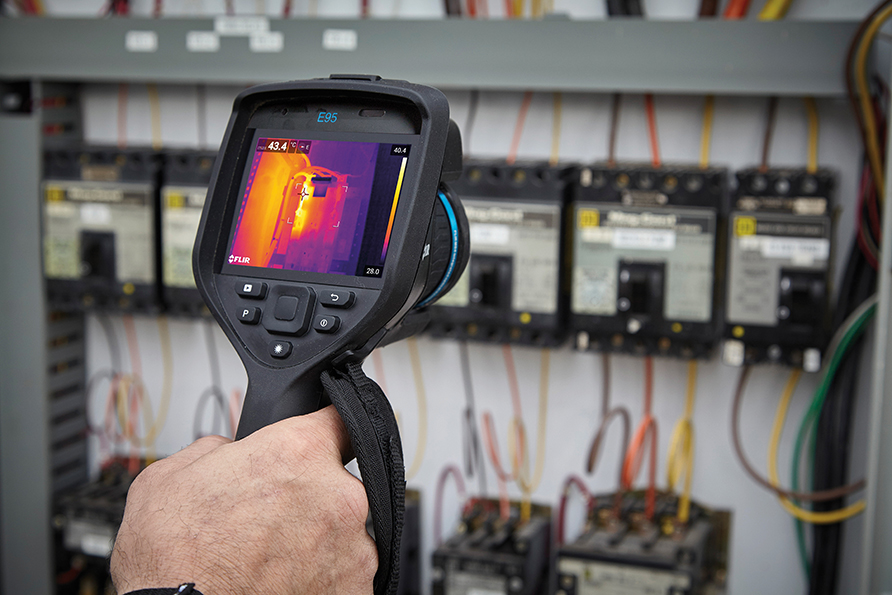Mold, Moisture & Florida Homes: What Every Buyer Should Know
Moisture Is a Florida Problem — Here’s What That Means for Your Next Home
Let’s be real: Florida is hot, humid, and soaked with rain most of the year — especially in places like Lakeland, Bartow, Winter Haven, and the rest of Polk County.
And where there’s humidity, there’s moisture. Where there’s moisture? You guessed it — mold.
If you’re buying a home in Florida, especially an older one, it’s critical to understand how moisture intrusion and hidden mold can affect your health, your wallet, and your investment.
🌧️ Why Mold Is So Common in Florida Homes
Florida has all the perfect conditions for mold:
-
High humidity
-
Heavy rainfall
-
Warm temperatures year-round
-
Poor ventilation in older homes
Even brand-new construction isn’t immune. Poorly installed HVAC systems, clogged gutters, or unsealed windows can create ideal environments for mold to thrive — often behind walls or under floors where you won’t see it until it’s too late.
🎥 Watch Our Inspection Videos to see where we commonly find hidden moisture damage.
🧪 What’s the Real Risk?
🚨 Health:
Mold can trigger asthma, allergies, and respiratory issues — especially in children or anyone with a weakened immune system.
💸 Financial:
Remediation isn’t cheap. Mold removal can cost anywhere from $1,500 to $10,000+ depending on how far it’s spread.
🏚️ Structural:
Unchecked moisture can rot framing, destroy drywall, and invite termites. It’s more than just a stain — it can compromise the integrity of your home.
🏠 What Buyers Need to Look Out For
Here are common signs of hidden moisture or mold we look for during an inspection:
-
Musty or earthy odors, especially in closets or under sinks
-
Water stains on ceilings or baseboards
-
Discoloration around vents or A/C registers
-
Warped flooring or bubbling paint
-
Previous “DIY” patchwork or repairs
But mold doesn’t always make itself known. That’s why we offer thermal imaging and air quality testing during our inspections — tools that help us detect what the eye can’t see.
✅ Schedule Your Inspection — we’ll uncover what sellers might not even know exists.
🛡️ How to Protect Yourself as a Buyer
-
Never waive your inspection. Especially not in Florida.
-
Ask your inspector about mold or moisture risks during the walkthrough.
-
Consider add-on mold testing if the home is older, has signs of leaks, or has been vacant.
-
Get documentation for any past water damage or remediation work.
-
Ask about the HVAC system’s age and maintenance — clean air = lower mold risk.
🏡 Ready to find a healthy home in Polk County? Start here: Find Your Lakeland Home
💡 Bonus: What If Mold Is Found?
Mold doesn’t have to kill a deal — but it must be addressed.
You can:
-
Request remediation before closing
-
Negotiate the price to offset repair costs
-
Back out of the deal if it’s extensive and not worth the risk
We’ll guide you through what’s serious and what’s manageable — we don’t just inspect, we help you make smart decisions.
Know What You’re Walking Into
Mold is one of those issues buyers rarely think about until it becomes a problem. In Florida, it should be part of every buyer’s checklist.
A quality inspection with the right tools can give you peace of mind — and potentially save you thousands.
✅ Schedule Your Inspection with our Polk County experts
🎥 Watch Our Inspection Videos
🏡 Find Your Lakeland Home
![]()

